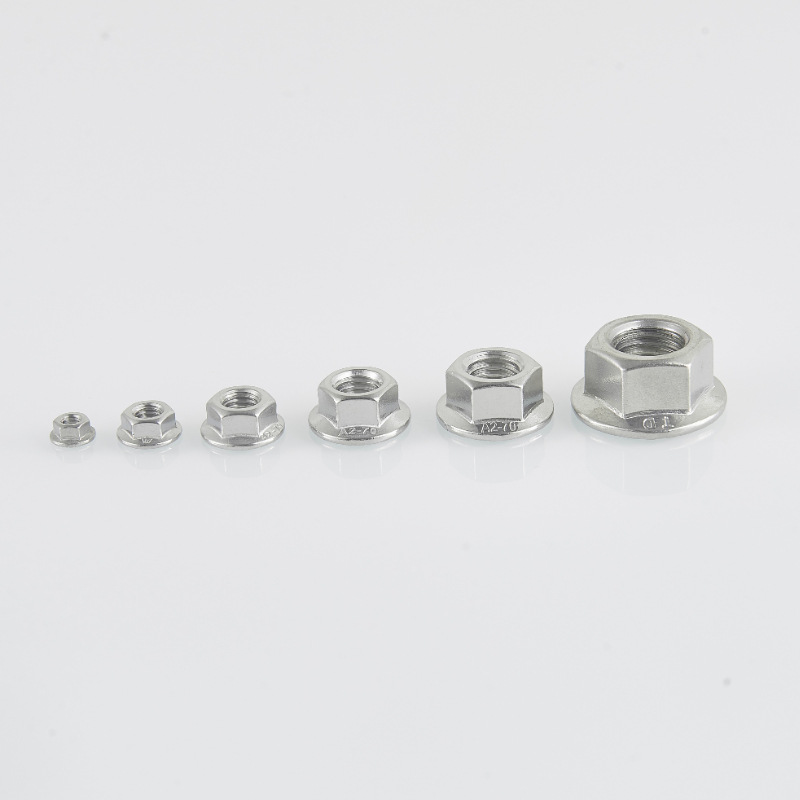

Self-Drilling Screws Ideal for Use with Polycarbonate Materials
Dec . 02, 2024 02:51 Back to list
Self-Drilling Screws Ideal for Use with Polycarbonate Materials
Self-Tapping Screws for Polycarbonate A Comprehensive Guide
Polycarbonate is a versatile and durable thermoplastic material widely used in various applications, ranging from roofing panels to safety goggles and electronic components. Its excellent impact resistance, high clarity, and temperature stability make it an ideal choice in numerous industries. However, when it comes to securing polycarbonate sheets or components, selecting the appropriate fasteners is crucial. This is where self-tapping screws enter the equation.
What Are Self-Tapping Screws?
Self-tapping screws are specialized fasteners designed to create their own mating threads in the material they are driven into. Unlike traditional screws that require pre-drilled holes, self-tapping screws can penetrate various materials, including plastics like polycarbonate, without the need for additional preparation. This simplifies installation and reduces potential material damage, making them a popular choice for many applications.
Why Use Self-Tapping Screws for Polycarbonate?
1. Ease of Installation One of the most significant advantages of self-tapping screws is their ease of installation. Users can quickly and efficiently secure polycarbonate panels without extensive preparation or special tools. This feature is particularly beneficial when working on large projects where time-saving measures can lead to increased productivity.
2. Material Compatibility Polycarbonate, while robust, can be challenging to work with due to its tendency to crack or chip if not handled properly. Self-tapping screws designed for plastics usually have specific thread designs that minimize stress on the material, thereby reducing the likelihood of damage during installation.
3. Versatile Application Self-tapping screws for polycarbonate are available in various sizes and types, making them suitable for multiple applications. Whether securing lenses in eyewear, attaching polycarbonate panels to frame structures, or installing protective shields, there is a self-tapping screw to meet specific needs.
4. Cost-Effectiveness Using self-tapping screws can prove to be cost-effective over time. The reduction in labor costs due to quicker installation processes combined with fewer materials needed for reinforcement makes them an economical choice for manufacturers and builders alike.
Choosing the Right Self-Tapping Screws for Polycarbonate
When selecting self-tapping screws designed for use with polycarbonate, consider the following factors
self tapping screws for polycarbonate

1. Screw Material It’s essential to choose screws made from corrosion-resistant materials, especially in outdoor applications. Stainless steel and nylon are popular choices, offering durability and weather resistance.
2. Screw Design The screw thread design plays a vital role in ensuring a secure fit. Coarse threads typically offer better holding power in softer materials like polycarbonate. A patented thread design can also help prevent stripping and ensure a tight grip.
3. Length and Diameter The size of the screw needs to match the thickness of the polycarbonate being used. Using screws that are too short may not provide a secure hold, while excessively long screws could jeopardize the integrity of the material.
4. Head Type Self-tapping screws come with various head types such as flat, pan, and round. The head type may affect the aesthetic of the finished product and the ease of installation. For instance, a countersunk head may provide a smooth finish against the polycarbonate surface, while a pan head could enhance the screw’s holding capacity.
Installation Tips for Self-Tapping Screws in Polycarbonate
- Pre-Drilling While self-tapping screws don’t require pre-drilled holes, creating a pilot hole can help guide the screw and reduce the risk of cracking, especially with thicker polycarbonate sheets.
- Use a Low Speed When driving self-tapping screws into polycarbonate, using a low RPM setting on your drill can prevent overheating and minimize stress on the material.
- Do Not Over-Tighten Over-tightening can lead to cracking and splitting of the polycarbonate. It’s essential to tighten screws just enough to create a secure fit without imposing undue stress.
Conclusion
Self-tapping screws are an excellent choice for fastening polycarbonate materials due to their ease of use, compatibility, and cost-effectiveness. By selecting the appropriate type of screw and following best installation practices, you can achieve a secure and durable assembly that takes full advantage of polycarbonate's unique properties. Whether you're in construction, manufacturing, or DIY projects, understanding and utilizing self-tapping screws can significantly enhance your work with polycarbonate.
Latest news
-
High-Strength Hot-Dip Galvanized Bolts-Hebei Longze|Corrosion Resistance&High Strength
NewsJul.30,2025
-
Hot Dip Galvanized Bolts-Hebei Longze|Corrosion Resistance&High Strength
NewsJul.30,2025
-
Hot Dip Galvanized Bolts - Hebei Longze | Corrosion Resistance, High Strength
NewsJul.30,2025
-
High-Strength Hot Dip Galvanized Bolts-Hebei Longze|Corrosion Resistance, Grade 8.8
NewsJul.30,2025
-
Hot Dip Galvanized Bolts-Hebei Longze|Corrosion Resistance,High Strength
NewsJul.29,2025
-
High-Strength Hot Dip Galvanized Bolts - Hebei Longze Metal Products Manufacturing Co., Ltd.|corrosion resistance&high strength
NewsJul.29,2025

